
- Article
- Article
Finding out where my lithium comes from
The origins of the lithium Laura Grace Simpkins swallows daily are unclear. If we don’t know the provenance of our pills, how can we make informed decisions about them?
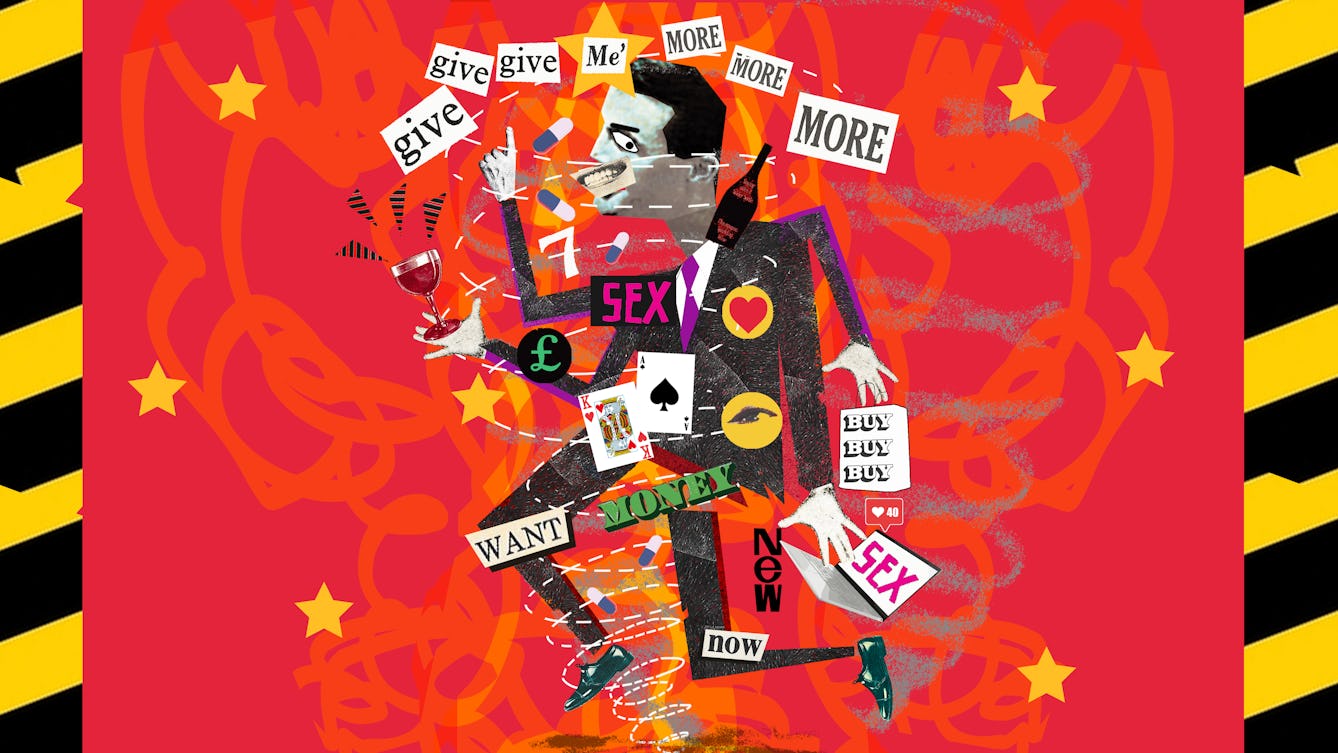
- Article
- Article
Dating on dopamine
Drug treatment for Parkinson’s can come with an unwanted side serving of compulsive behaviour, as Pete Langman discovered. Read about his dating journey in a dopamine cloud.
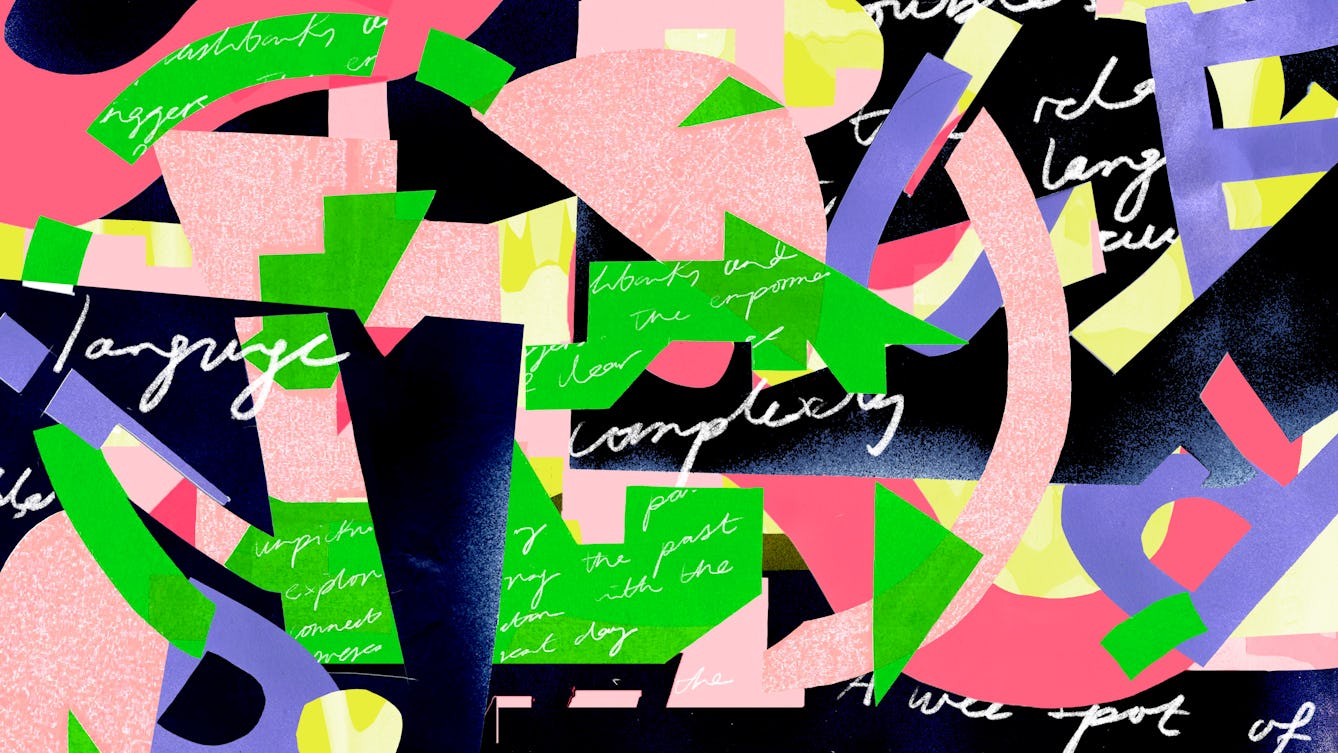
- Article
- Article
A wee spot of bother
Euphemisms can both appear to diminish experiences while at the same time making them easier to talk about. Carrie Hynds, who experienced the latter part of Northern Ireland’s “Troubles”, explores the relationship between language and trauma.
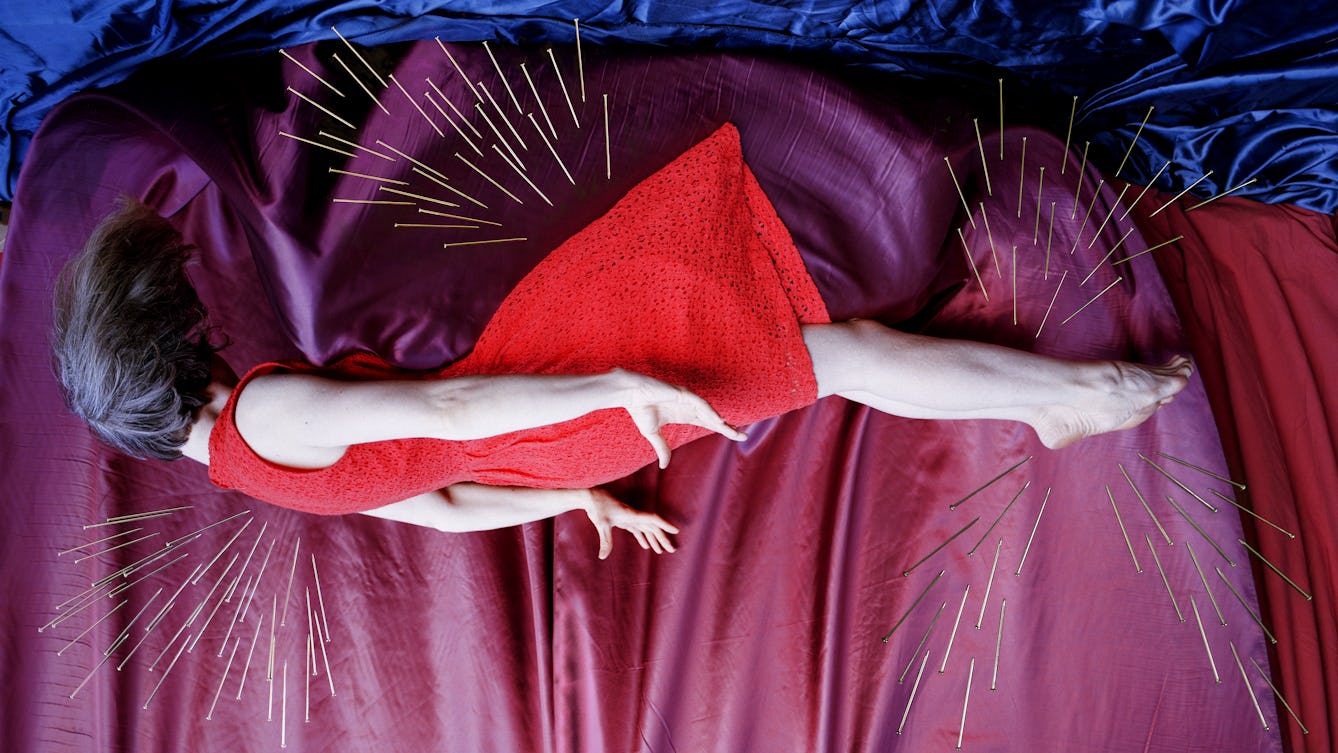
- Article
- Article
What is violence?
Criminologist Laura Bui explores her early understanding of violence and outlines its definition and wider consequences.

- Article
- Article
My illness made me an activist, but now I’m exhausted
Emily Bashforth’s illness made her an advocate but now she’s battling burnout. She argues why we all need to be mental health activists, not just those with lived experience.
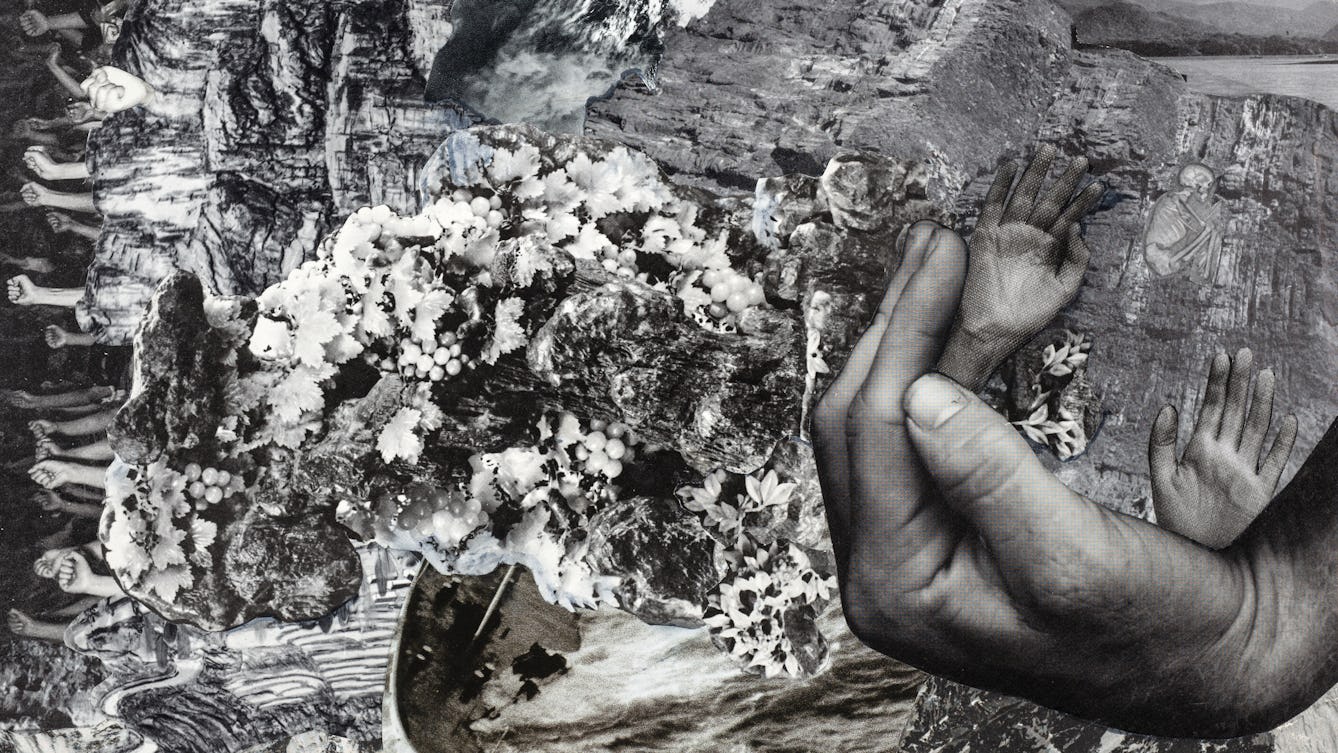
- Article
- Article
Disability in the post-pandemic world
Disabled people have suffered more than most during Covid-19, but there is still a chance to build a kinder society. Dolly Sen explores whether we will come together, or allow more brutal disparities to develop in the worsening recession.
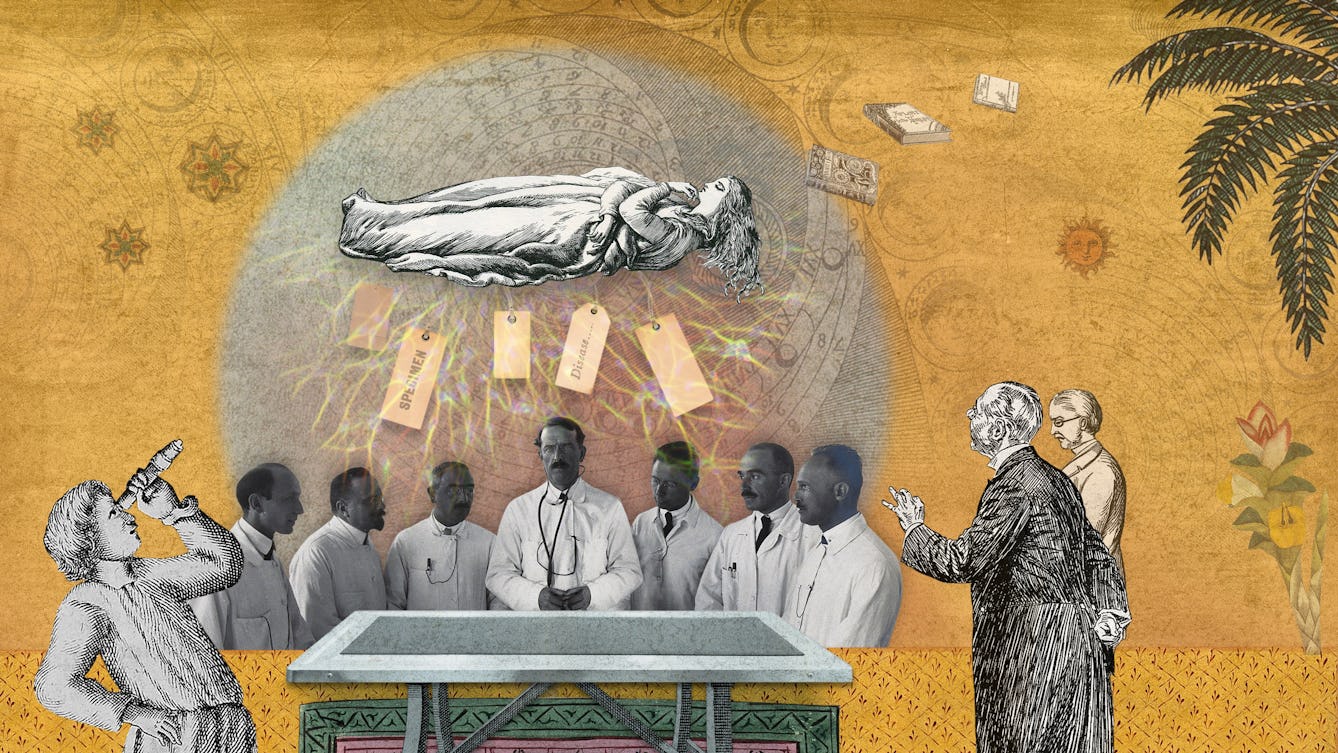
- Article
- Article
The epilepsy diagnosis
Epilepsy exists between the mind and body, something that Aparna Nair experienced for herself when she was diagnosed as a teenager.

- Article
- Article
Dirt, disease and the Inspector of Nuisances
In the days when ‘bad air’ was thought to spread disease, dozens of Inspectors of Nuisances ceaselessly struggled against the perils of dirt – both visible and invisible.
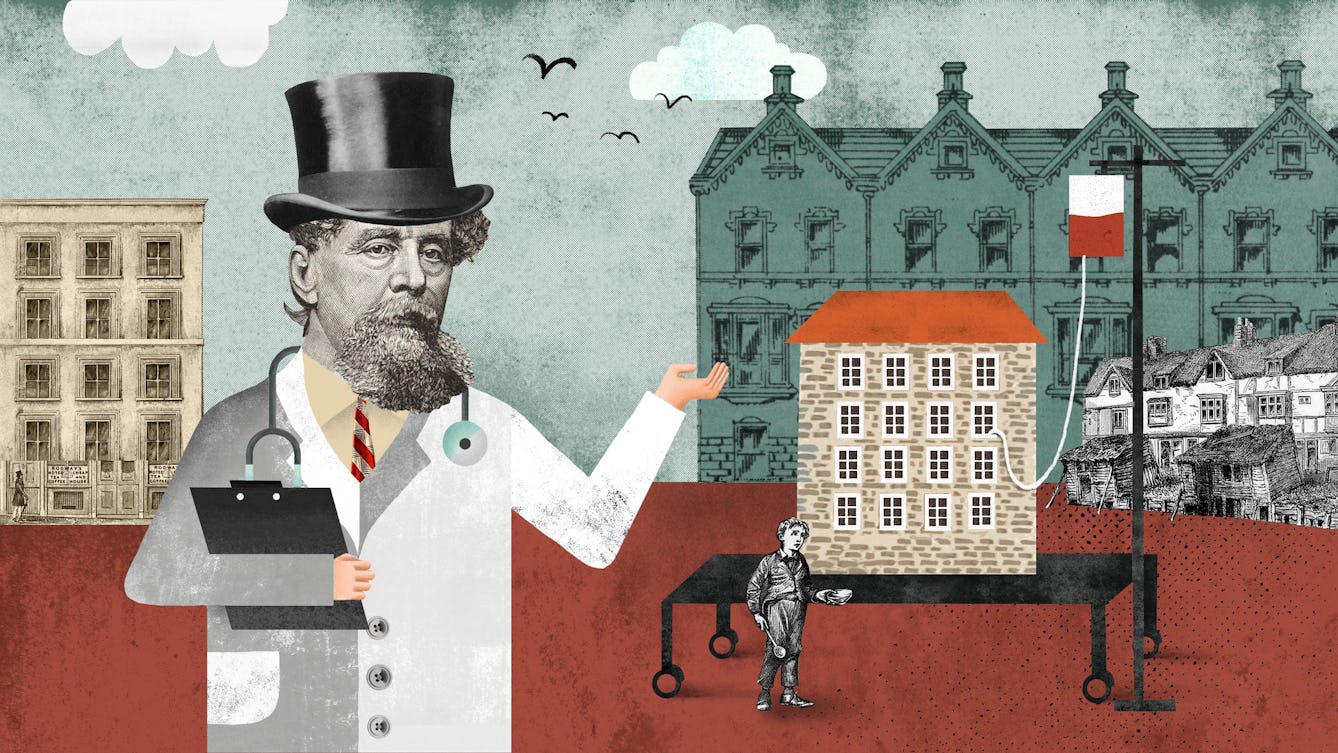
- Article
- Article
How slums make people sick
A newly gentrified corner of Bermondsey leaves little clue to its less salubrious history. But a few intrepid writers recorded the details of existence in one of London’s most squalid slums.
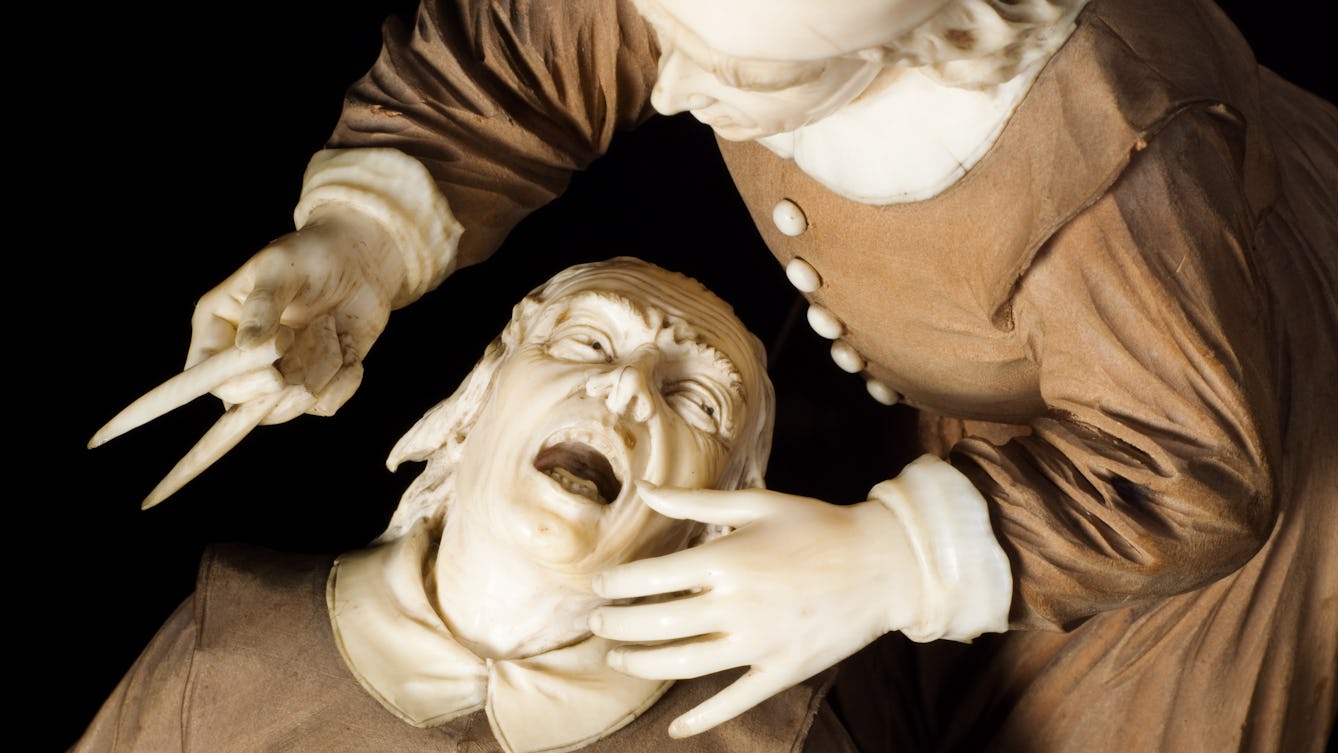
- Book extract
- Book extract
You know the drill
Richard Barnett opens wide the true meaning of a healthy mouth.
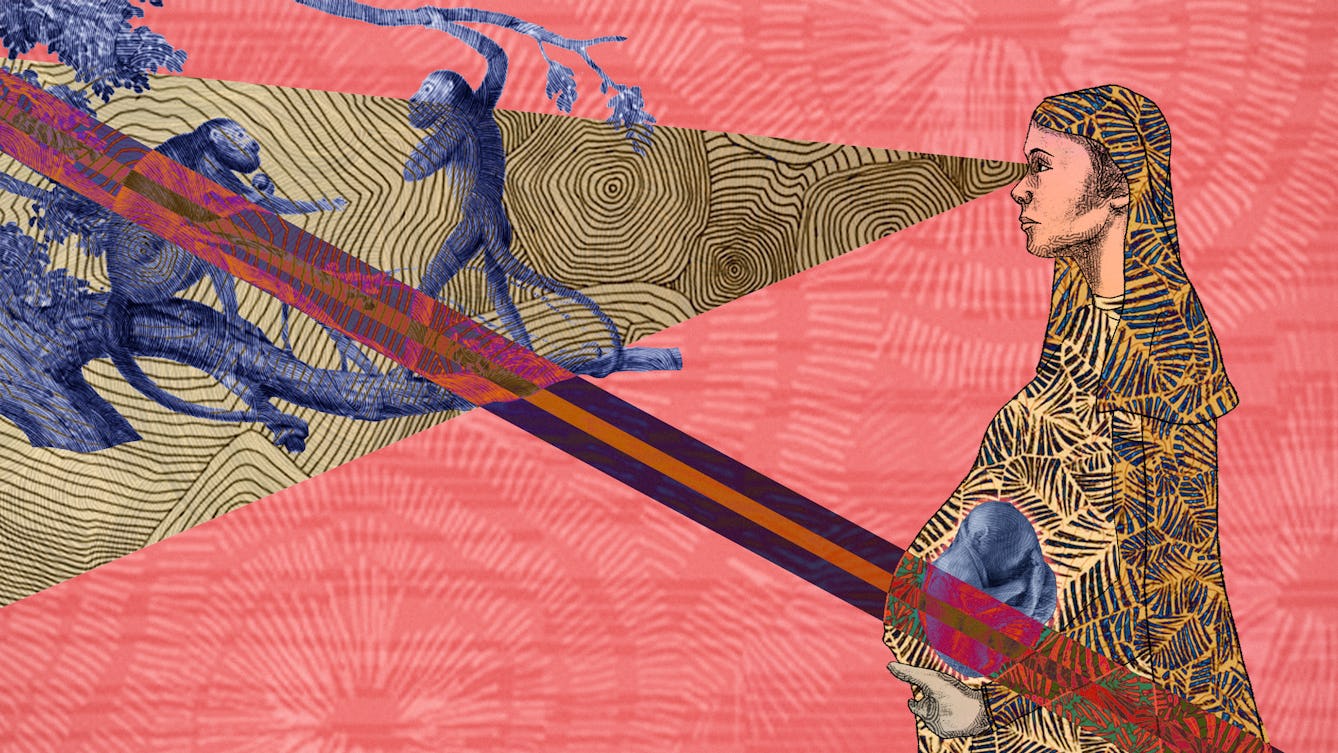
- Article
- Article
On contagion
Reading descriptions of the way humans become infested by parasitic flatworms, Daisy Lafarge experienced painful physical symptoms. Perhaps the very creature she was studying had invaded her body.
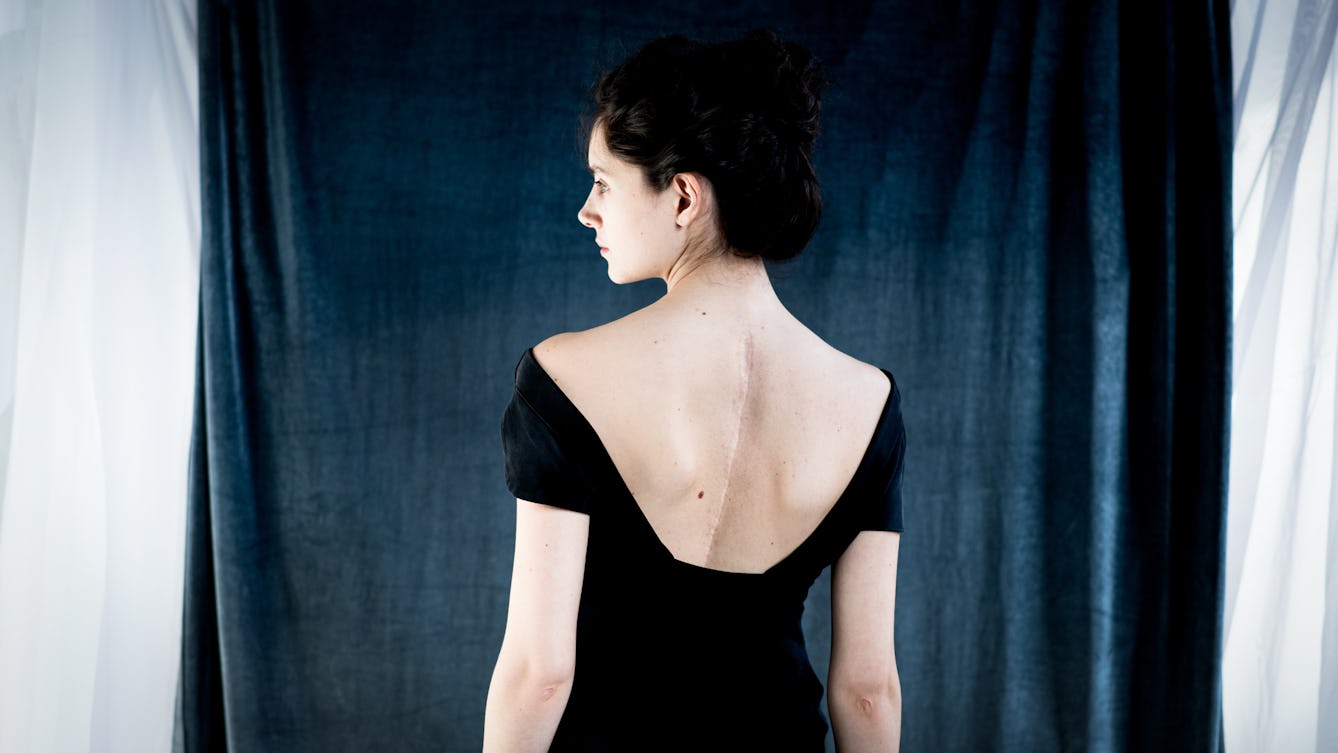
- Article
- Article
Fashion for an unruly body
One weekend, just before an operation to correct her scoliosis, Rosalind Jana stopped trying to hide her body. Read how those two days helped her step into the future.

- Article
- Article
How to play in secret
In secret games the strangers around you are playing too. They just don’t know it. Read on for some great ideas for undercover fun at work, school – or almost anywhere.
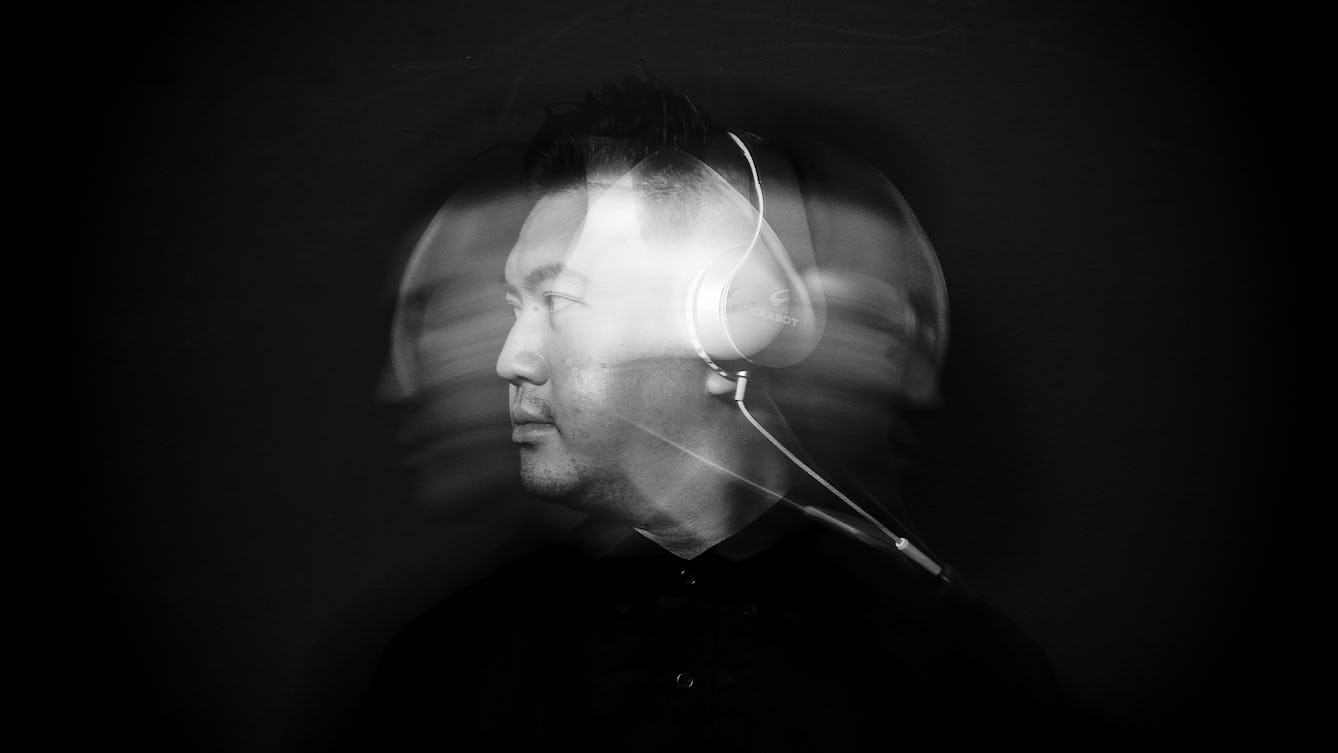
- Article
- Article
The sweet sound of synthetic speech
After Alex experienced a serious deterioration in his sight, he came to rely on artificial voices to help him with everyday tasks. Find out how synthetic speech came to be developed.

- Article
- Article
The hidden history of homesickness
Gail Tolley delves into the history of homesickness and discovers that its rich past holds a clue to how we view the experience today.
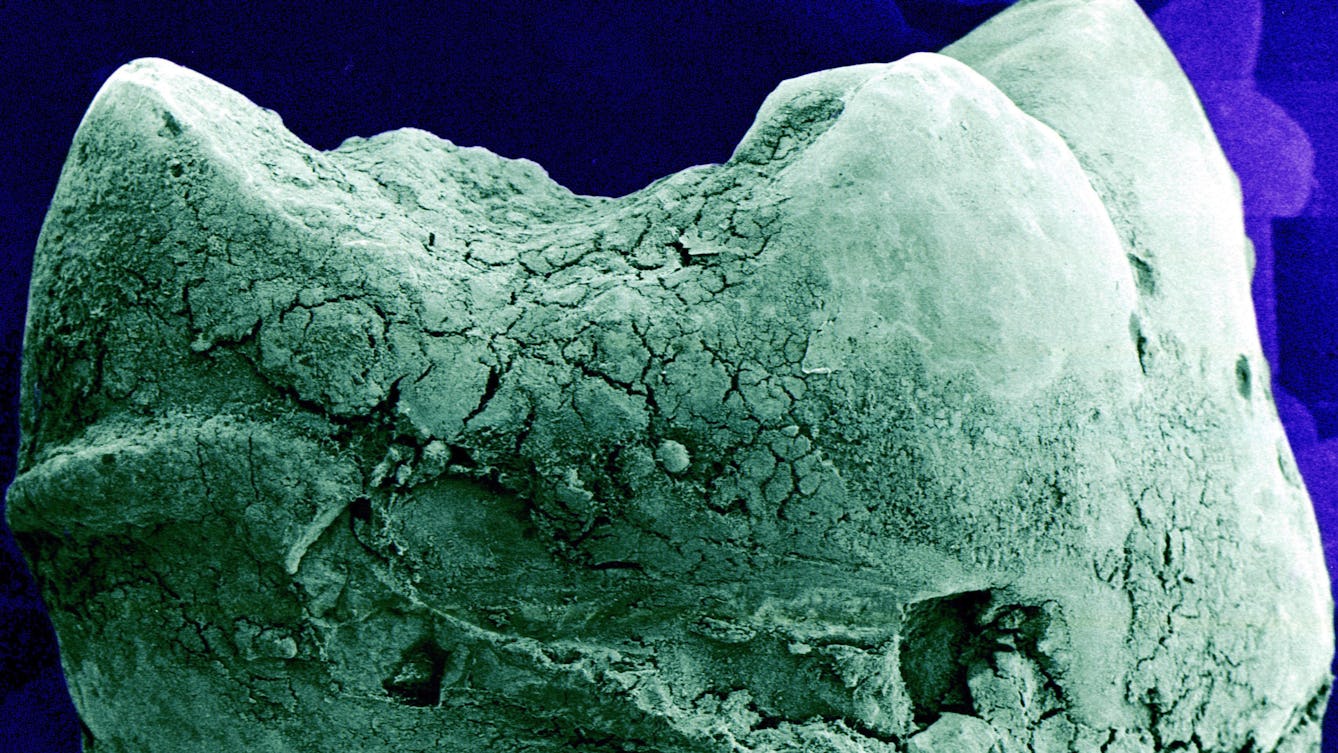
- Article
- Article
The secrets your teeth hold
Discover how innocuous-looking human teeth hold a wealth of hidden information about our diet, health and evolution.

- Article
- Article
The tale of the toxic kidneys
In 1954 a serendipitous coming together of skills and circumstances allowed the first successful organ transplant to take place. Read how Richard Herrick’s life was prolonged by his identical twin’s generosity.

- In pictures
- In pictures
The death-defying science of the aeronauts
Air ballooning is not as serene as you might think. Read about the perilous exploits of two early aeronauts who risked life and limb to better understand the science of the weather.

- Article
- Article
When kids are offered free cosmetic surgery
When they were a child, Jasmine Owens’ dentist offered to break their jaw – for free. It would make them look better, he said. Read on to find out whether or not they agreed.

- Article
- Article
Epidemic threats and racist legacies
Epidemiology is the systematic, data-driven study of health and disease in populations. But as historian Jacob Steere-Williams suggests, this most scientific of fields emerged in the 19th century imbued with a doctrine of Western imperialism – a legacy that continues to influence how we talk about disease.
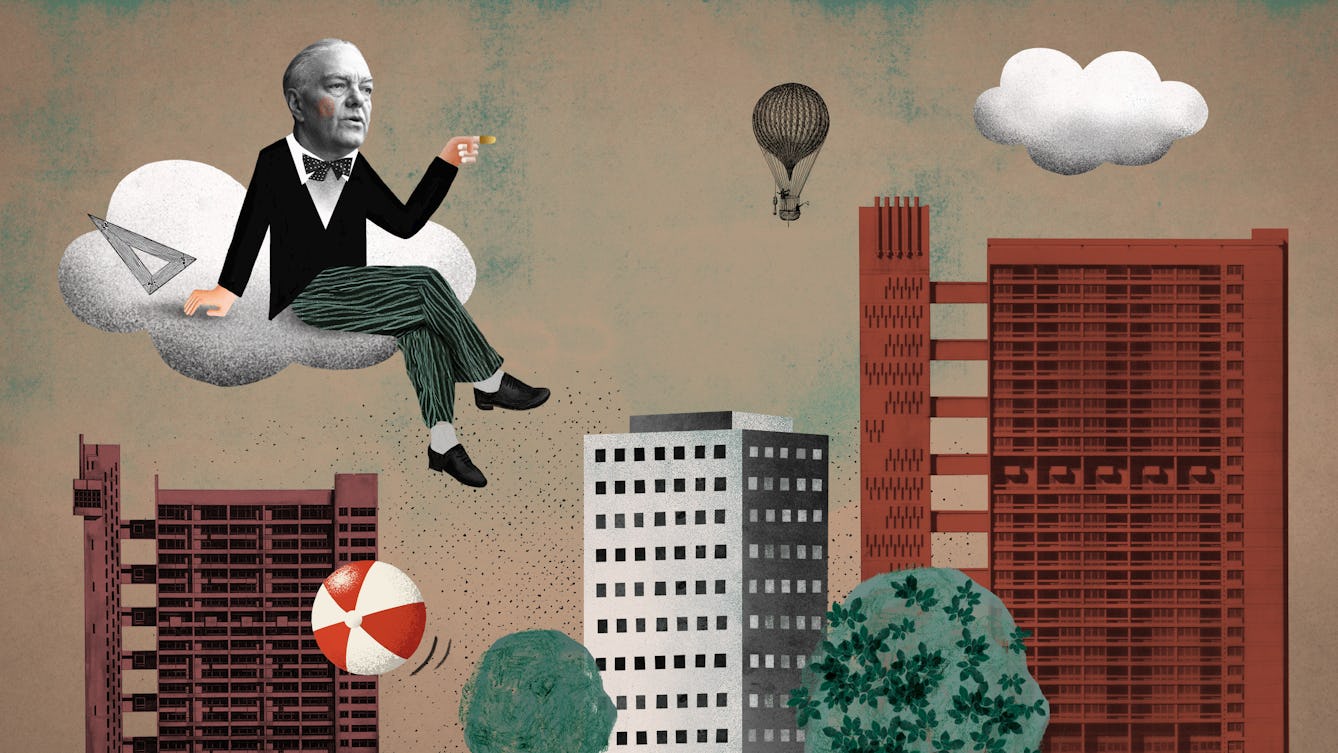
- Article
- Article
The tower in fiction, film and life
The high-rise estates born of postwar idealism soon became symbols of crime and squalor. But after one terrible tragedy, public bodies are being forced to rethink our towers.

- Article
- Article
When skin bleaching goes wrong
Warnings about permanent health damage don’t deter those using skin-bleaching products for years on end. Read the story of one woman who suffered from liver failure after years of striving to be paler.

- In pictures
- In pictures
The smell of saintliness
It’s the tenth century and your local ascetic has died. Remarkably, his body emits a sweet, pleasant smell, and fragrant oils instead of foul liquids and odours. Read on to find out how this could be.

- Article
- Article
Booze and bad behaviour
Our love of alcohol is like a party that’s lasted nine centuries. But there are signs that the demon drink is losing its appeal.
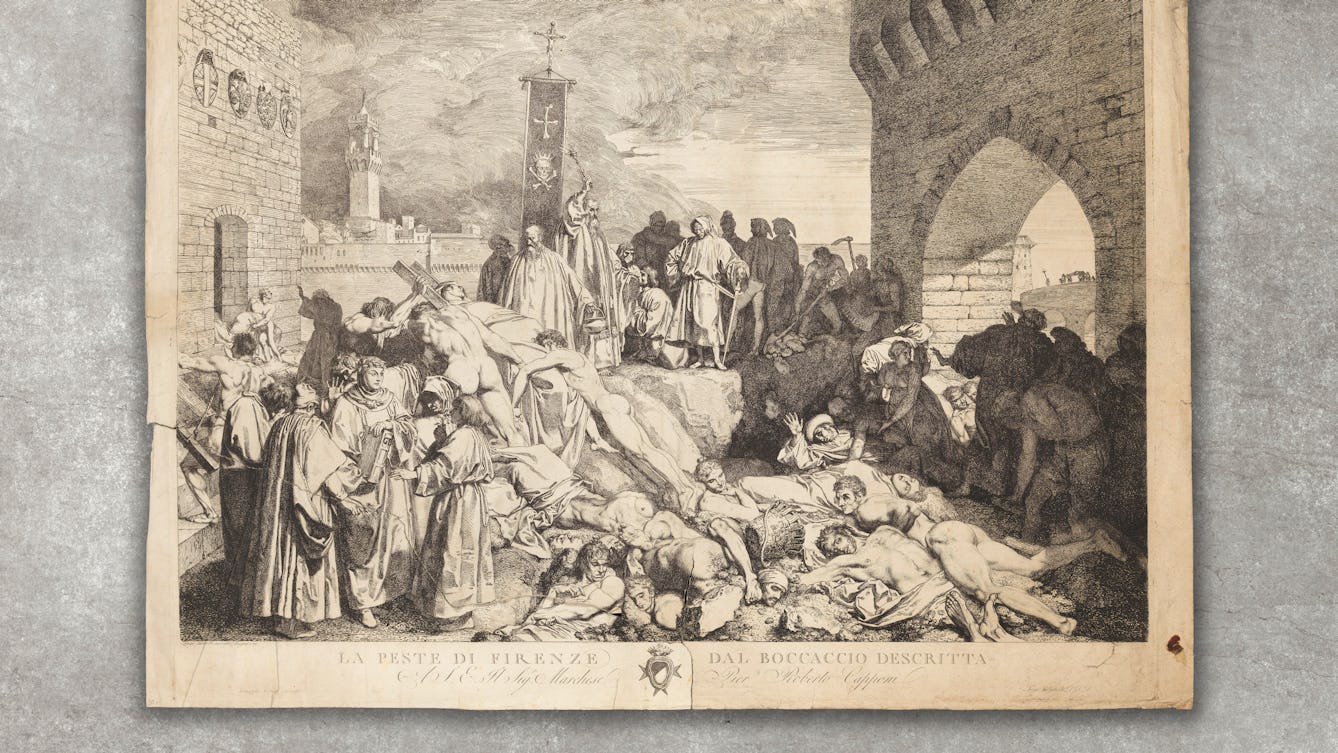
- In pictures
- In pictures
Pepys and the plague
Through its long history, London has survived some enormous epidemics. During the 1665 Great Plague of London, the city burned, shops closed, the streets emptied and bodies piled up. Read Samuel Pepys’s account of how the city pulled through.